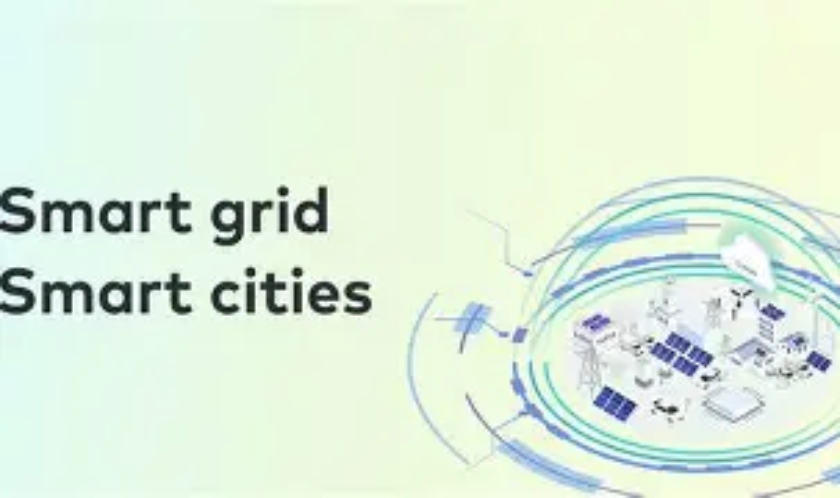Energy Evolution: Storage, Hydrogen & New Order
The worldwide energy scene is experiencing a subtle transformation—one in which dependence on fossil fuels is replaced by advancements that incorporate sustainability, effectiveness, and opulence. Energy has transcended its role as merely a service; it has become a vital resource and a reflection of one's lifestyle, particularly among affluent individuals who influence trends and seek options that align with their principles and expectations. This shift, propelled by cutting-edge storage and hydrogen technologies, is redefining the dynamics of global energy influence.

Hydrogen has transitioned from merely being an industrial energy source to a representation of innovative luxury. High-end car manufacturers are introducing hydrogen fuel cell vehicles designed with customized features and performance comparable to that of sports cars, providing swift refueling and producing no emissions. Similarly, yacht manufacturers are adopting hydrogen propulsion technology, crafting boats that silently navigate bodies of water while remaining carbon-neutral. For elite consumers, hydrogen signifies a dedication to cutting-edge advancements that resonates with their pursuit of uniqueness and ecological responsibility.
Energy as a Collectible Asset
The emerging energy paradigm is transforming energy into an asset that can be traded and collected. Affluent investors are supporting local solar and hydrogen initiatives, acquiring stakes in “energy shares” that yield passive revenue while fostering sustainability. Certain platforms even allow investors to monitor their energy assets in real-time through luxury dashboards, enabling them to see the clean energy output from their investments. This approach offers an opportunity to build wealth while also aiding the planet, blending financial savvy with environmental goals.

Global Energy Diplomacy: Private Sector Impact
Individuals with considerable wealth and private companies are influencing energy diplomacy beyond governmental involvement. Upscale resort chains are establishing on-site facilities for hydrogen production to energize their locations, collaborating with nearby communities to utilize surplus energy. Investment firms in the private sector are financing international hydrogen pipelines linking energy-abundant areas to regions of demand, circumventing conventional geopolitical obstacles. These initiatives enable the private sector to reshape global energy dynamics, utilizing sustainability as a means of influence.
Exclusive luxury destinations—such as private islands, mountain hideaways, and desert estates—are adopting state-of-the-art energy solutions. Hybrid systems that incorporate solar energy, wind power, and hydrogen storage guarantee these elite locations maintain off-grid power, eliminating dependence on fossil fuels. Some retreats even provide visitors with “energy experiences,” such as tours of their sustainable systems or workshops on renewable technologies. This form of luxury is both private and responsible, demonstrating that even the most secluded havens can spearhead the energy revolution.
Smart Grids for Elite Communities
Gated neighborhoods and upscale developments are moving towards private smart grid systems. These networks interlink residences, facilities, and local businesses, sharing renewable energy and enhancing distribution efficiency. Residents benefit from reliable electricity for electric automobiles, private clubs, and emergency services, all while AI technology oversees operations to minimize waste. For those living in these communities, this represents a unified, sustainable lifestyle where energy functions as a consistent and dependable resource rather than a disjointed utility.

The advancement in energy is not simply a technological transition; it is a realignment of authority, luxury, and intent. For those who adopt this shift, energy evolves into a means to articulate values, exert influence, and live truthfully. In this emerging landscape, sustainability and luxury coexist harmoniously, forming the groundwork for a more intelligent and equitable global energy future.
(Writer:Laurro)





